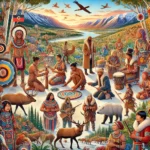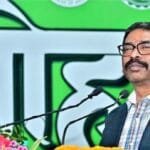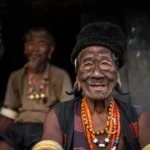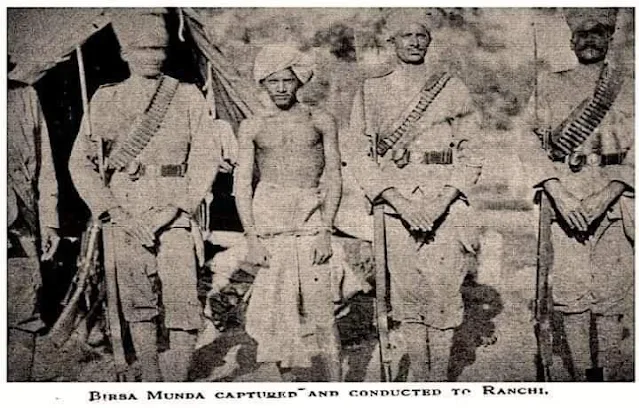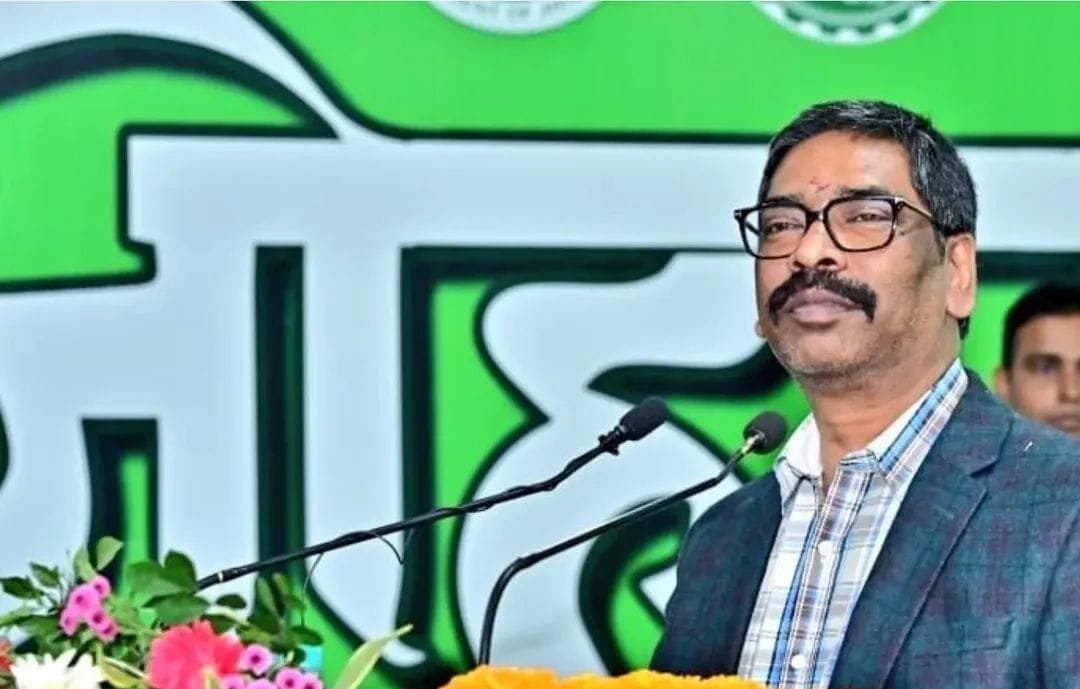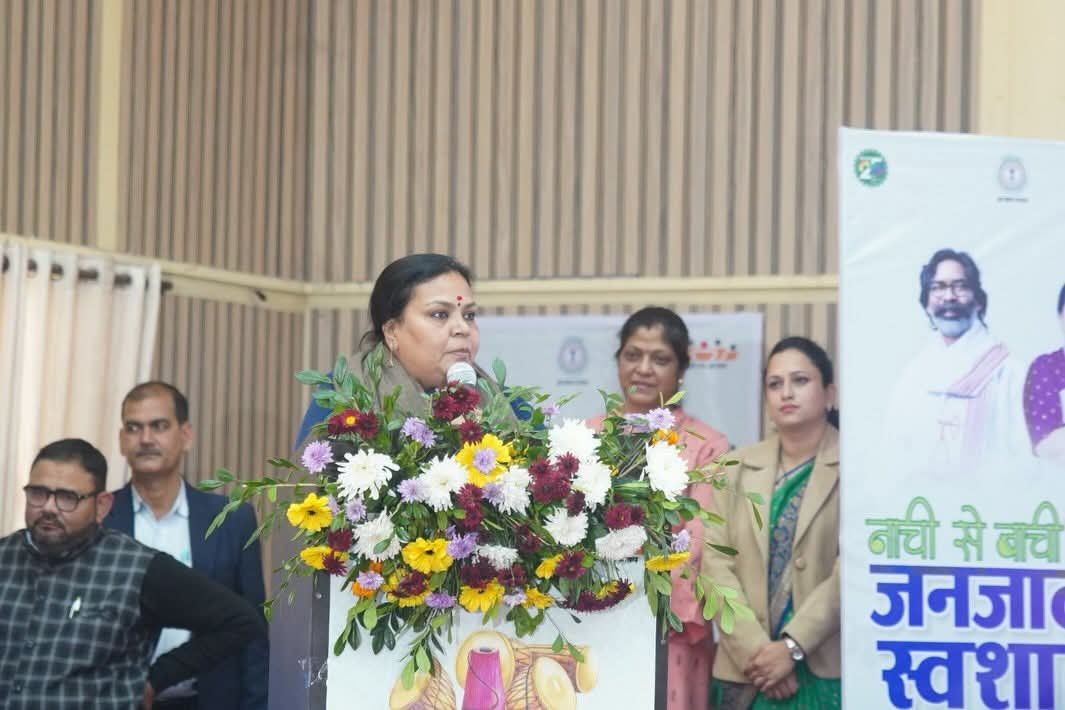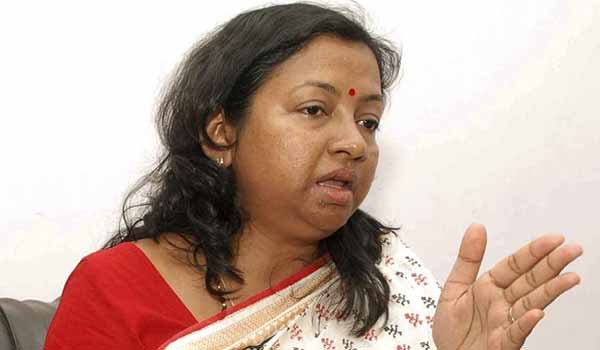June 9, 1900, is etched in Jharkhand’s history. On this date, Birsa Munda, honored as Dharti Aba or “Father of the Earth,” took his last breath in the newly built Ranchi jail. The weather was brutal, and British authorities attributed his death to cholera.
A hasty postmortem was conducted, but Birsa’s followers couldn’t believe he had died. They held firm that Birsa would return. He was only 25 when he was last arrested in February 1900. Afterward, he was imprisoned, and his health began to fail on May 20, ultimately leading to his death on June 9 (though some records mention June 3). The young rebel’s impact was so powerful that British officials, fearful of his influence, decided to cremate his body in secrecy by nightfall.
Ranchi was sparsely populated at that time. His body was cremated at night near the distillery bridge in Koker without following Munda funeral customs. The ashes were scattered in the river nearby, erasing any trace of him. Birsa Munda became one of the first rebels whose remains were withheld by the British government. Twenty-two years later, they would treat Bhagat Singh and his comrades with similar disregard.
A Battle for Water, Forest, and Land
Born on November 15, 1875, in Ulihatu village, Khunti district, Birsa Munda was a fierce leader who rose against British oppression. Though his movement spanned only from 1895 to 1900, his efforts ignited the spirit of independence across Ranchi and surrounding districts, leaving a lasting legacy.
Birsa inspired his people to protect their resources—water, forests, and land. Traveling from village to village, he stirred social awareness, pride, and a call for freedom. Before Birsa, many in the Munda community had converted to Christianity in hopes of safeguarding their land, with missionaries offering legal support. But justice was elusive, and disillusionment grew, leading many to lose faith even in Christianity as the courts also failed them.
As options dwindled, direct resistance against the British became the only path forward. The Munda people found a leader in Birsa, who first led a spiritual movement before standing up to protect their resources. During this time, the region faced famines in 1896-97 and 1899-1900, and Birsa extended help to villages during these crises.
This only deepened the community’s faith in him, and they saw Birsa as a Messiah, calling him Dharti Aba. When he died in Ranchi jail on June 9, 1900, his followers were convinced he would return, a belief that kept their movement alive. The British realized they needed to respect the Munda people’s rights to maintain control over Chotanagpur.
Consequently, the British enacted the Chotanagpur Tenancy Act in 1908, protecting the Mundas’ rights. The jail where Birsa died is now a museum, and a memorial stands at his cremation site. Although Birsa founded the Birsait faith, today few followers remain, and his reformist movements have largely faded. People still revere his name but hesitate to follow the courageous path he set.

